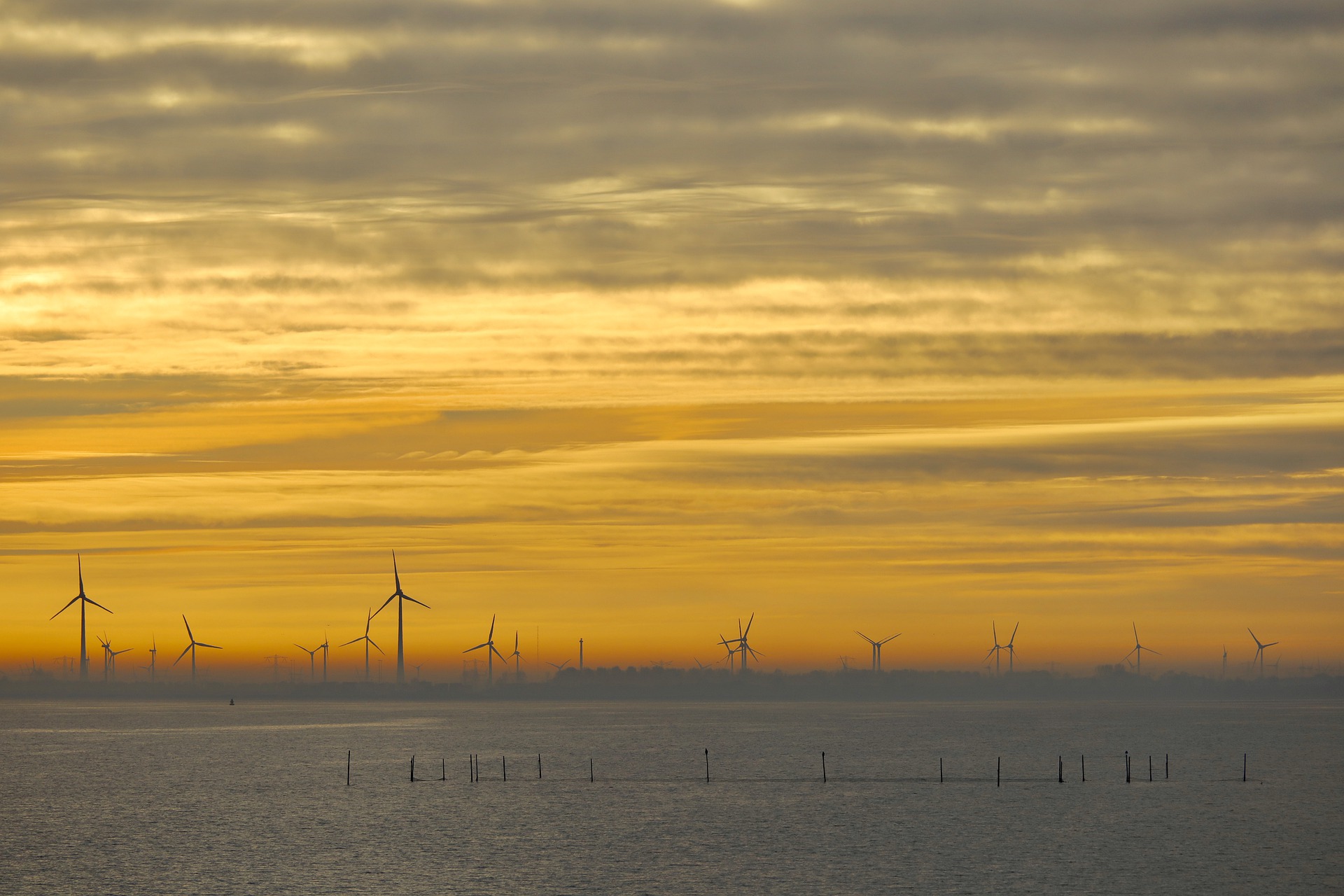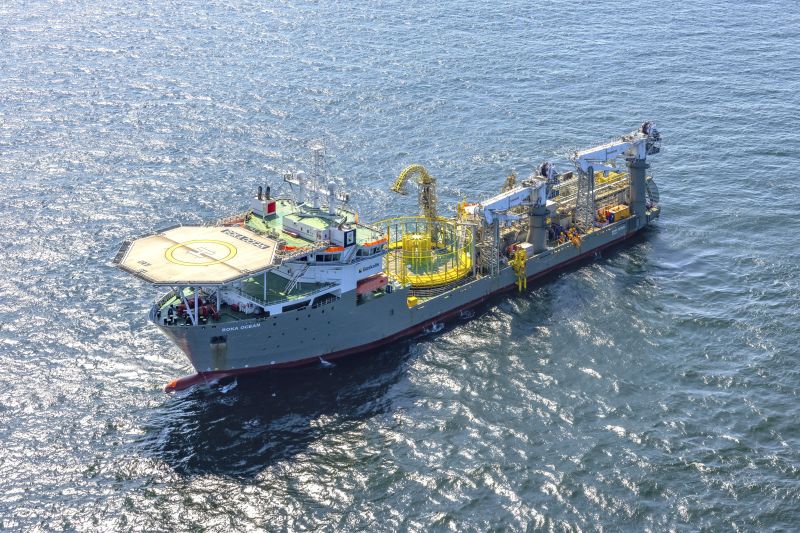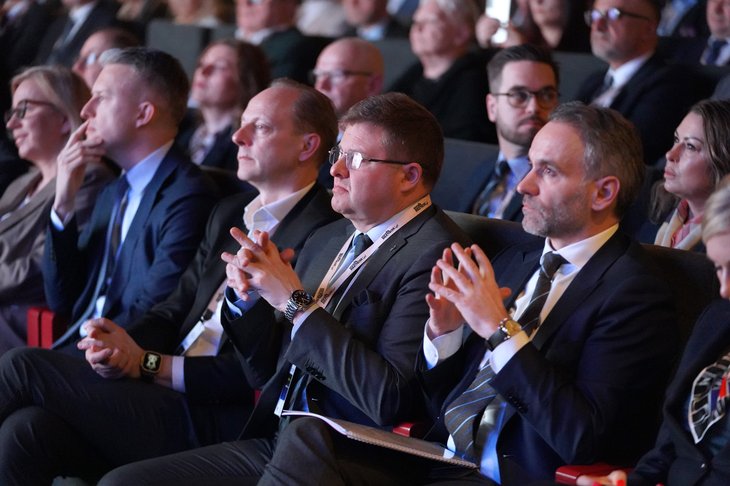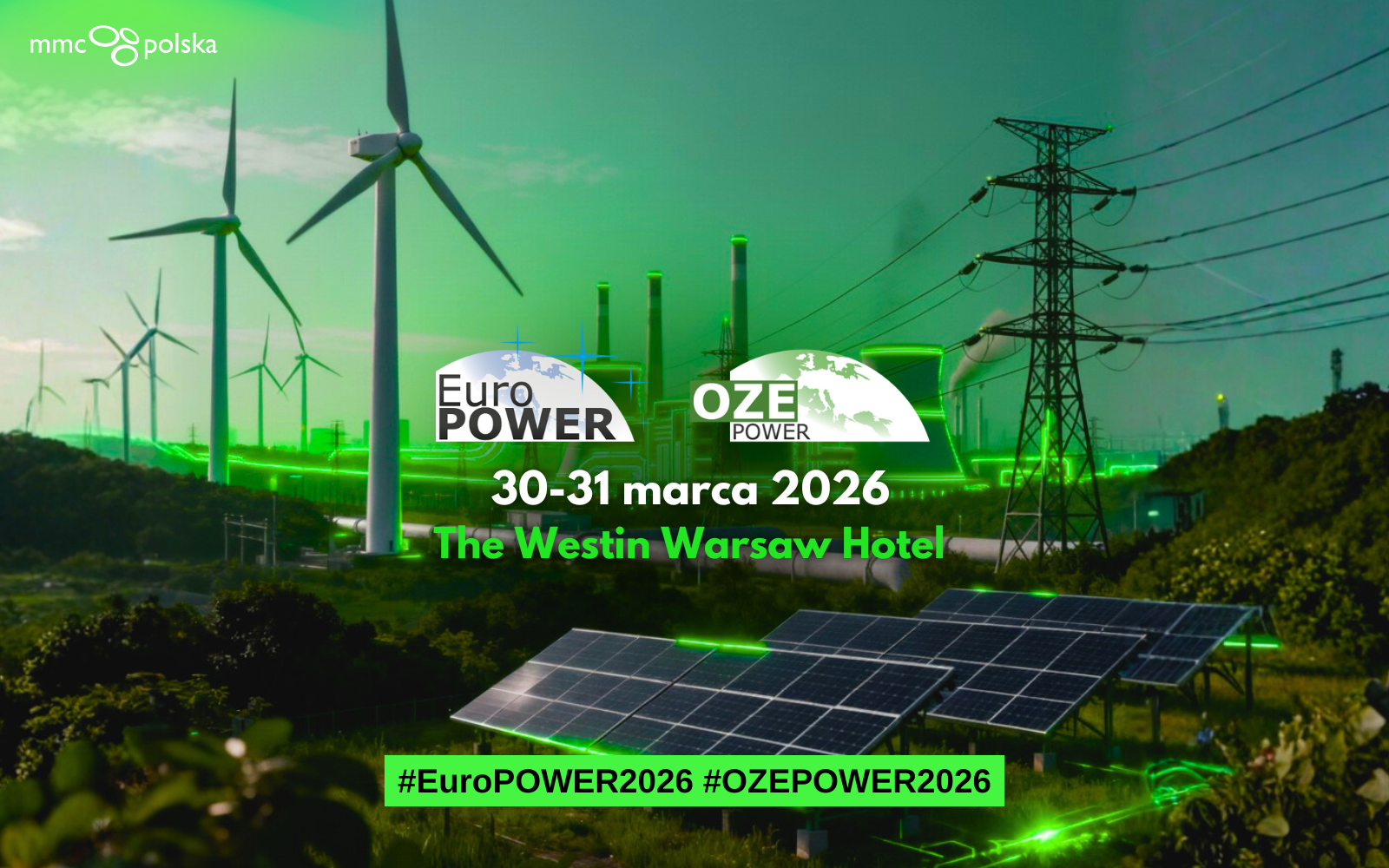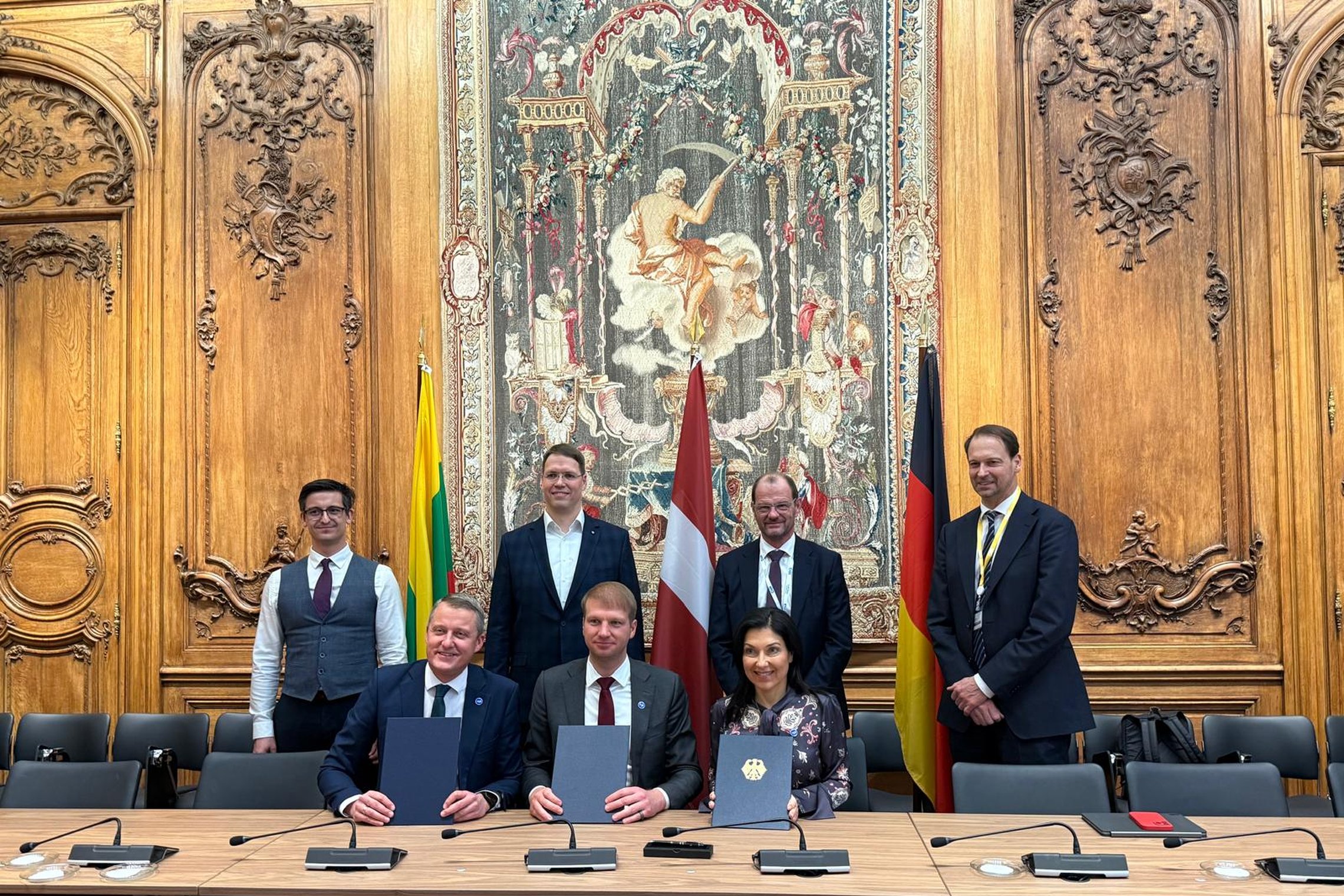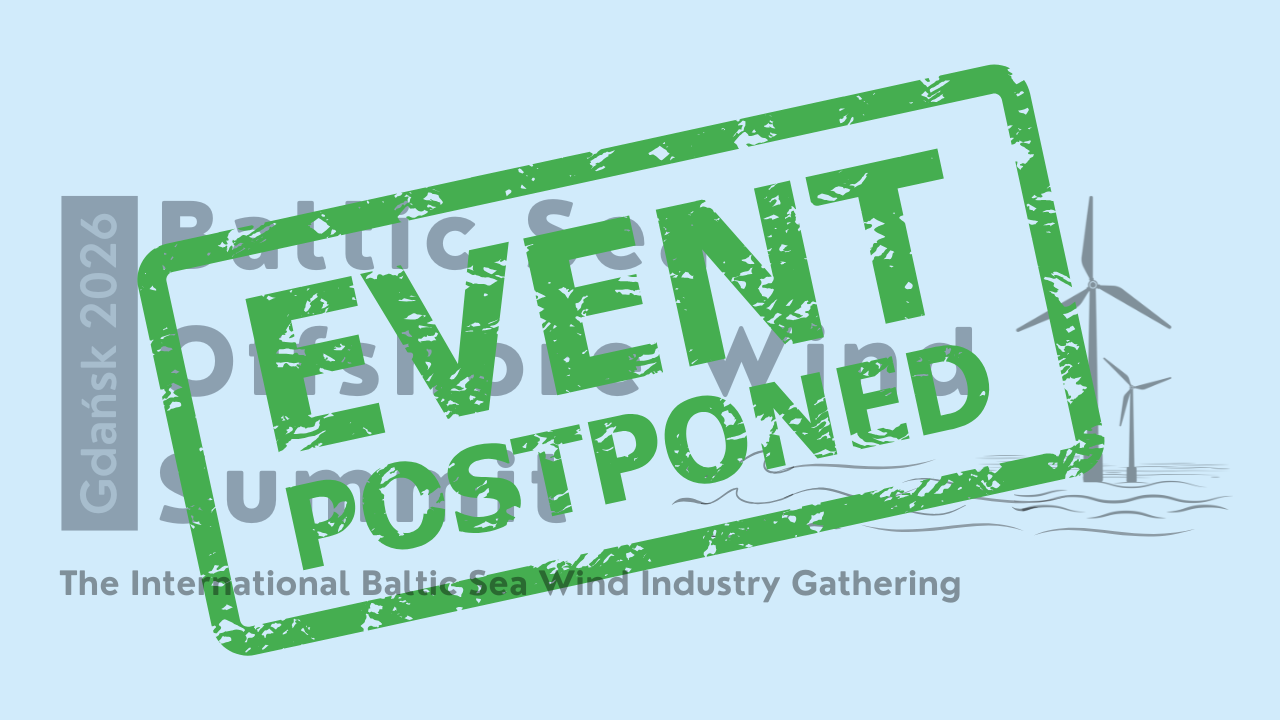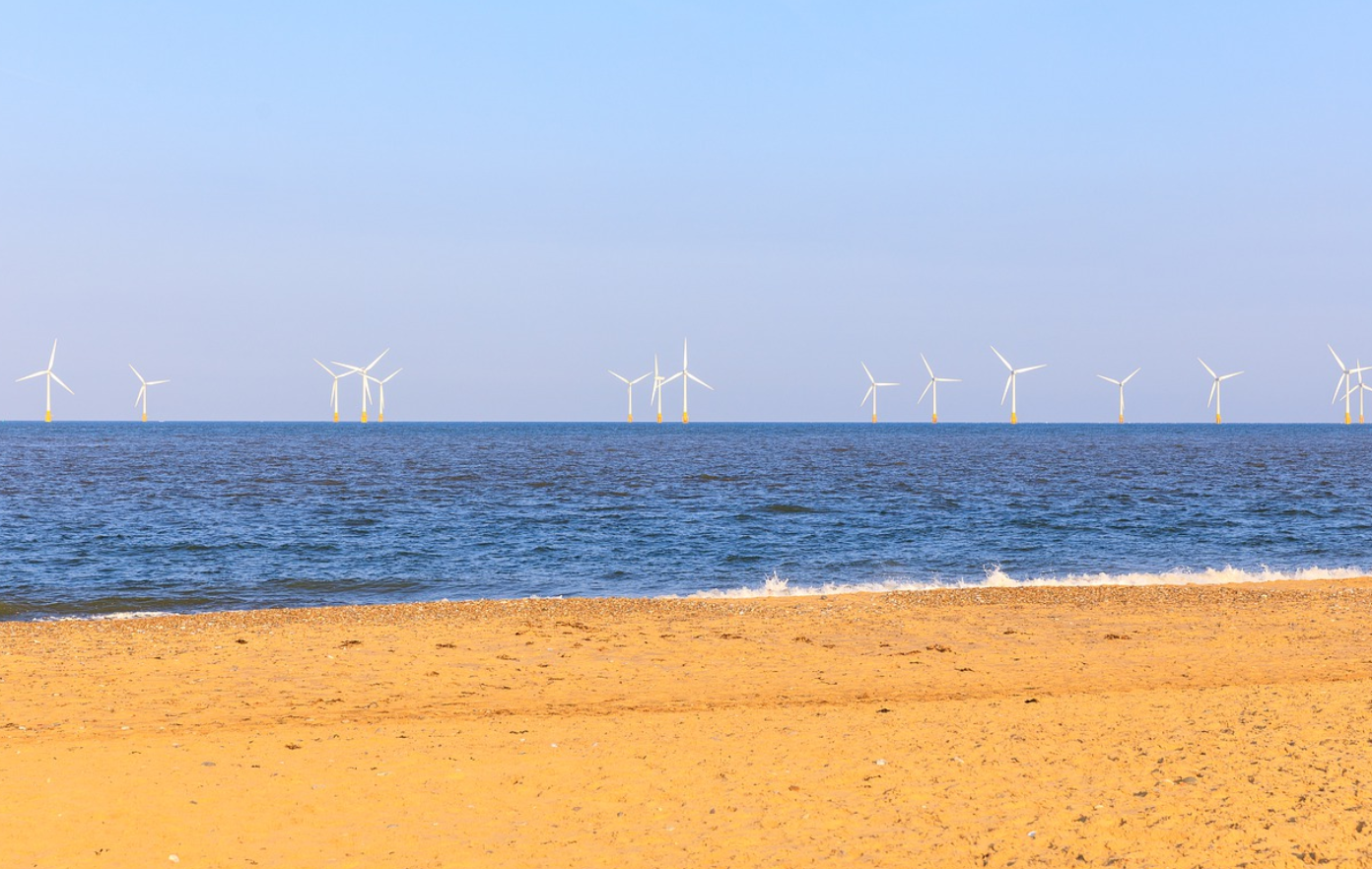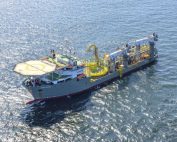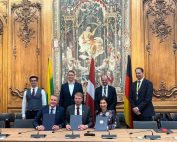The National Energy Regulatory Council (NERC) of Lithuania has announced that the second tender for the development of an offshore wind park has failed. The failure comes as only one participant registered by the application deadline, falling short of the legal requirement for a successful tender.
Insufficient Registration Leads to Tender Failure
According to the Law on Renewable Energy Resources in Lithuania, a public tender is considered to have failed if fewer than two participants register. When the final deadline for submitting applications for the Offshore Wind Park Development Tender expired at midnight on Tuesday, only one prospective tender participant had registered.
The tender committee formally decided today to propose to NERC that the tender be considered a failure. The official resolution is expected to be adopted at the next NERC meeting.
Background of the Tender
This was the second attempt to select developers for a major 700-megawatt offshore wind farm project. Following a government decision on June 9, NERC had announced the renewed tender.
The application period for the tender originally ran from June 9 until September 8 of this year. However, the tender procedures were temporarily suspended by a government decision before being resumed on October 6, with applications accepted until October 7.
The proposed offshore wind farm is a crucial project for the Baltic nation. It is slated for development in an area of approximately 136 , situated about 30 km from the Lithuanian coast. Estimates suggest that the offshore wind farms could meet up to half of Lithuania’s electricity needs, significantly reducing the country’s dependence on electricity imports.
Next Steps
NERC, which is responsible for the organization and administration of the tender, selection of the winner, and preparation of the conditions, emphasized that the decision to re-announce the tender lies with the Government.
The Tender Committee overseeing the process consists of a diverse group of stakeholders, including two representatives from NERC and one representative each delegated by the Ministry of Energy, the Competition Council, the Lithuanian Energy Agency, Vilnius University, and Kaunas University of Technology.
The failure of this second tender marks a setback for Lithuania’s renewable energy goals, and the industry now awaits the government’s decision on how to proceed with this critical offshore wind development.
Source: Vert.LT
